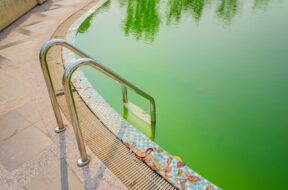
Want to learn more about algaecide? Read on to find out when to add algaecide to your pool maintenance routine and other helpful tips.
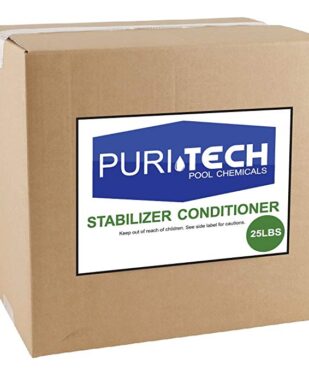
There are three types of pool stabilizer: stabilized chlorine, liquid stabilizer, and granular stabilizer. Which type of stabilizer you should use is largely a matter of personal preference. Learn more about pros and cons of each.
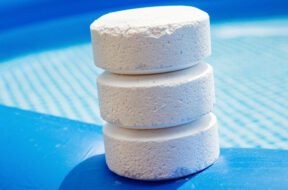
The Association of Pool and Spa Professionals recommends free chlorine levels for both swimming pools and hot tubs be kept between 2.0 and 4.0 ppm. However, the Center for Disease Control recommends free chlorine stay above 1 ppm in pools and 3 ppm in hot tubs.
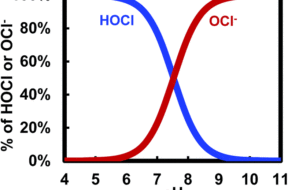
Learn the relationship between chlorine and cyanuric acid, and how cyanuric acid stabilizes the free chlorine in your pool.
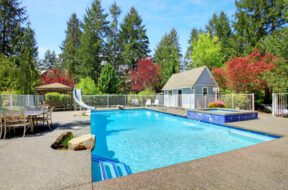
Saltwater and chlorine are the two most common types of pool sanitation. Learn the benefits and challenges with both!

Want to learn more about algaecide? Read on to find out when to add algaecide to your pool maintenance routine and other helpful tips.
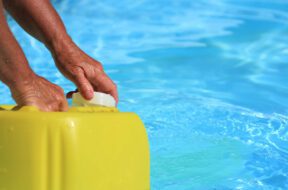
In this quick guide, we’ll answer the question “can you over shock a pool” and unveil the factors to consider when shocking a pool.
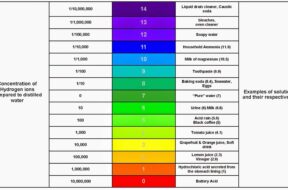
Maintaining both pH and total alkalinity in your swimming pool is important for keeping your pool properly sanitized and non-corrosive. Total alkalinity is to pH what cyanuric acid is to free chlorine. Total alkalinity stabilizes pH levels. The ideal pool pH level is 7.4 to 7.6. The ideal total alkalinity level is 80 to 120 ppm.

The Association of Pool and Spa Professionals recommends free chlorine levels for both swimming pools and hot tubs be kept between 2.0 and 4.0 ppm. However, the Center for Disease Control recommends free chlorine stay above 1 ppm in pools and 3 ppm in hot tubs.